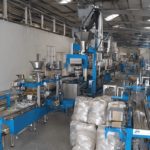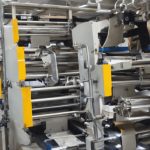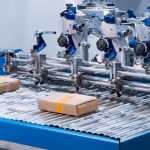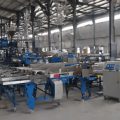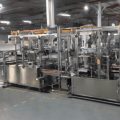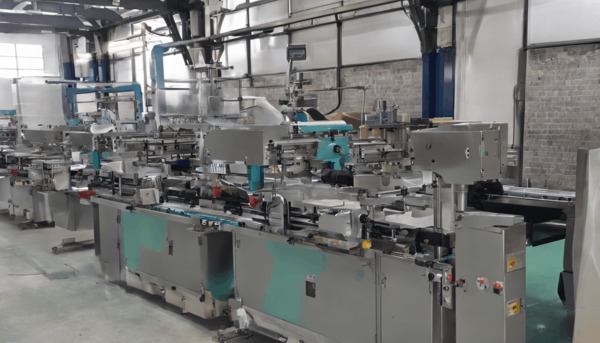
Introduction to Packaging Machines
Packaging machines are essential components in the manufacturing and distribution sectors, playing a crucial role in the preparation of products for storage, shipment, and sale. These machines are designed to automate the packaging process, which includes a wide range of operations such as filling, sealing, wrapping, labeling, and boxing. The use of packaging machines can significantly increase efficiency, reduce labor costs, and ensure consistency and quality in the packaging process.
Filling Machines
Filling machines are used to fill containers with a specific amount of product. They are commonly used in the food and beverage industry to fill bottles, cans, and jars with liquids, powders, or granules. There are different types of filling machines, including volumetric, gravimetric, and liquid filling machines, each suitable for different types of products and packaging.
Sealing Machines
Sealing machines are used to close and seal packaging to protect the contents from contamination and leakage. These machines are essential in ensuring the integrity and safety of the packaged product. Common types of sealing machines include heat sealers, induction sealers, and vacuum sealers, each offering different methods of sealing based on the packaging material and product requirements.
Wrapping Machines
Wrapping machines are used to wrap products in a protective film or paper. This type of packaging is often used for products that require an additional layer of protection or for aesthetic purposes. Shrink wrapping machines and stretch wrapping machines are popular in industries such as food, electronics, and logistics.
Labeling Machines
Labeling machines are used to apply labels to products or packaging. They are crucial for providing important information such as product details, barcodes, and branding. Labeling machines can be automatic or semi-automatic and are used across various industries to ensure that products are correctly labeled before reaching the consumer.
Cartoning Machines
Cartoning machines are used to erect, fill, and close cartons or boxes. These machines are widely used in the food, pharmaceutical, and consumer goods industries. They can handle a variety of carton sizes and shapes, providing a versatile solution for packaging products in a protective outer layer.
Food and Beverage
In the food and beverage industry, packaging machines are used to ensure the safe and hygienic packaging of products. This includes filling machines for liquids and powders, sealing machines to prevent contamination, and labeling machines for nutritional information and branding.
Pharmaceuticals
The pharmaceutical industry relies heavily on packaging machines to ensure that medications are packaged safely and securely. This includes blister packaging machines for tablets, bottle filling machines for liquids, and labeling machines for compliance with regulatory standards.
Consumer Goods
Consumer goods, such as cosmetics and electronics, require packaging machines to ensure that products are packaged attractively and securely. This includes cartoning machines for boxed products and wrapping machines for additional protection.
Conclusion
Packaging machines are vital to the efficiency and effectiveness of the packaging process across various industries. They offer numerous benefits, including increased productivity, reduced labor costs, and improved product safety and quality. As technology advances, packaging machines continue to evolve, offering even more sophisticated solutions to meet the growing demands of the global market.
While this overview provides a general understanding of packaging machines, specific details and technical specifications may vary based on the manufacturer and the intended application. For more precise information, consulting with industry experts or manufacturers is recommended.
